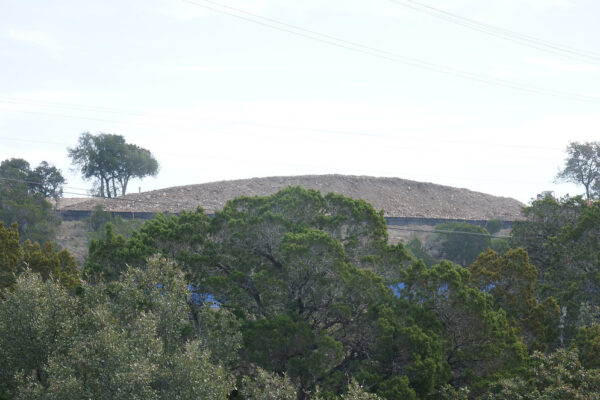
Introduction
Tuvalu, a small island nation in the Pacific Ocean, is increasingly becoming a global symbol of the challenges posed by climate change. With rising sea levels threatening to engulf entire islands, Tuvalu’s plight has garnered significant attention from international communities and environmental activists. The relevance of Tuvalu’s situation is profound not only for its 11,000 inhabitants but also for the world, as it reflects the urgent need for collective action against climate change.
Current Situation
Tuvalu comprises nine tiny islands and atolls, which are among the lowest in the world, with their highest point standing at just 4.5 meters above sea level. Recent reports have highlighted alarming rates of coastal erosion and increased flooding, particularly during severe weather events. According to the United Nations, Tuvalu could become uninhabitable within the next few decades if current emissions trends continue.
In 2023, the Tuvalu government announced new measures to enhance climate resilience, including the development of seawalls and the introduction of sustainable agricultural practices. These measures aim to mitigate the impact of climate change on the local population, which heavily relies on fishing and agriculture for sustenance. Simultaneously, the government seeks international assistance, urging greater commitment to global climate agreements.
International Attention and Responses
The situation in Tuvalu has sparked discussions at numerous international forums, including the annual United Nations Climate Change Conferences (COP). At COP26, Tuvalu’s Prime Minister, Kausea Natano, delivered an impassioned address urging world leaders to treat climate change like the crisis it is, emphasizing that “climate change is not just an environmental issue but a matter of justice.” Countries like Australia and New Zealand have pledged funds to assist Tuvalu in its adaptation efforts, though many argue that more substantial commitments are necessary.
Conclusion
Tuvalu’s ongoing struggle against climate change serves as a poignant reminder of the urgent need for global action. As rising sea levels threaten the future of this nation, the international community must rally to address climate challenges more effectively. For Tuvalu’s citizens, the stakes are incredibly high; their livelihoods, culture, and existence are on the line. As we look ahead, it is clear that the fate of Tuvalu will not only shape the narrative of small island nations but also influence global policies aimed at achieving a sustainable future for all.
You may also like

The Importance of Nations in Modern Society

The Importance of Building a Sustainable Company

The Vital Importance of Ground in Various Sectors
SEARCH
LAST NEWS
- Remembering Wendy Richard: The Promise to Co-Star Natalie Cassidy
- How Did Anglian Water Achieve an ‘Essentials’ Rating for Mental Health Accessibility?
- Shai Hope Leads West Indies in T20 World Cup Clash Against South Africa
- What We Know About Weston McKennie: Future at Juventus and Past at Leeds
- What We Know About the Upcoming Live Nation Antitrust Trial